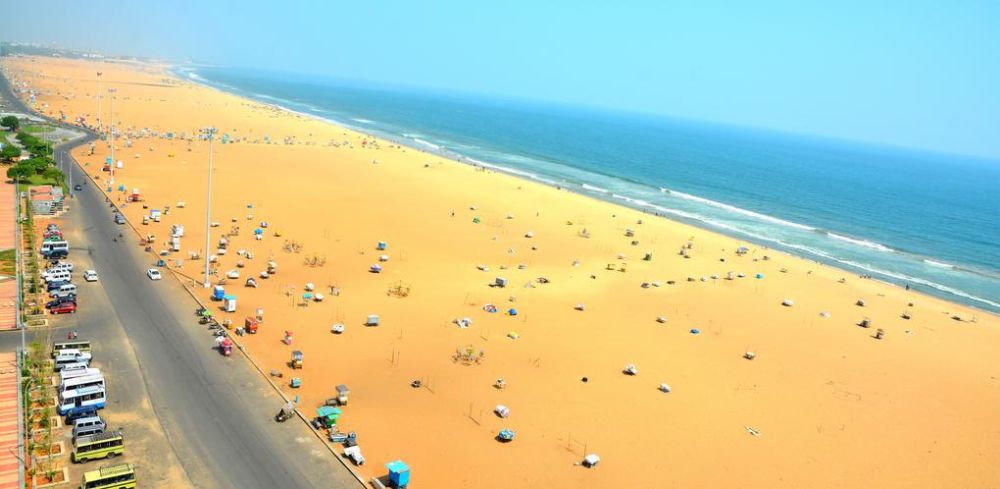

Chennai, formerly known as Madras, is the cosmopolitan capital of the Southern Indian state of Tamil Nadu. With a rich history that dates back to the times of the British Raj, Chennai has been a melting pot of cultures, religions, and traditions. The city's history with tourism is equally varied and has developed over time with the changing dynamics of travel preferences and trends.
The history of tourism in Chennai can be traced back to the colonial era when it was a pivotal administrative and military centre of the British East India Company. The establishment of the Madras Presidency showcased the city's significance as a port and facilitated cultural exchange. Historic landmarks from this era like Fort St. George, the first English fortress in India, began to attract visitors interested in the city’s colonial past.
Following India's independence in 1947, Chennai saw a gradual evolution in its tourism landscape. The city's beaches, especially Marina Beach – one of the longest in the world – became popular spots for both local and international tourists. Additionally, ancient temples and cultural institutions like the Madras Music Academy fostered a reputation for Chennai as a centre for classical South Indian culture, which appealed to culturally inclined travelers.
With the advent of globalization, Chennai transitioned into a modern metropolis, expanding its appeal to a broader spectrum of tourists. The establishment of Tidel Park in the late 1990s and subsequent development of the IT corridor showcased Chennai's emergence as a hub for information technology and business travel.
In recent years, medical tourism has surged, with Chennai being branded as the "Health Capital of India". The city's advanced medical facilities and expertise attract a significant number of medical tourists from all over the globe. Eco-tourism has also seen an uptick, with travelers showing interest in the city's green initiatives and nature spots like Guindy National Park and the Adyar Eco Park.
Despite the changes in trends, cultural tourism remains a pivotal aspect of Chennai's allure. The annual Madras Music Season, celebrated during December and January, draws thousands of classical music and dance aficionados. Chennai's Tamil film industry, known as Kollywood, also pulls fans eager to explore the roots of their favorite cinema.
While Chennai has been a notable player in South India’s tourism scene, it has faced challenges such as the need for improved infrastructure and sustainable tourism practices. Recent initiatives by the government and private sectors highlight a commitment to enhance tourists' experience while preserving Chennai’s natural and cultural heritage.
Chennai's journey in tourism is marked by its colonial history, cultural wealth, and its standing as an urban powerhouse. Although it continues to evolve, the city maintains a strong sense of its unique identity, offering a rich tapestry of experiences for travelers from near and far.